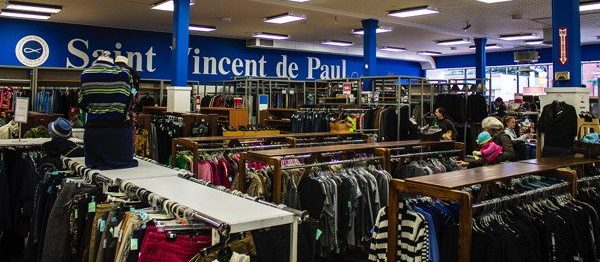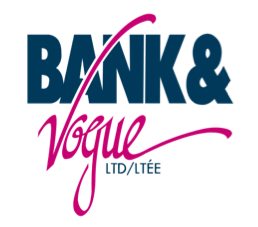The British Government reveals a new Waste Prevention Program
On March 18th, the British Government revealed plans to reduce waste across the country, which incorporated measures that would increase actions on ‘fast fashion’ and hold manufacturers accountable for textile waste. This plan is an attempt to engage the textile industry to use resources efficiently, to manufacture long lifespan products, and reuse or recycle its own production.
Specifically, the fashion industry accounts for 4% of annual global carbon emissions, since people buy and throw away increasing amounts of textiles. Between 2012 and 2016, the purchase of clothing raised almost 20% and around 921,000 tons of textiles are disposed of in household waste each year. In order to address this problem, the British Government plans to implement the Extended Producer Responsibility (EPR) policy by the end of 2022. This strategy will provide incentives to prevent waste at the source, promote product design for the environment, and support the achievement of public recycling and materials management goals.

The Environment Minister Rebecca Pow said: “We are firmly committed to ending the ‘throwaway’ culture as we build back greener. Major retailers and fashion brands have made huge strides in reducing their environmental footprint, but there is more we must do. That is why, through our world-leading Environmental Bill and landmark reforms, we will take steps to tackle fast fashion by incentivizing recycling and encouraging innovation in new design.” The British Government aims to encourage the industry through a new agreement called Textiles 2030, with an objective to reduce the environmental footprint of the textile industry through science-based goals.
The Irish St Vincent de Paul records increase in calls for help
The Society of Saint Vincent de Paul (SVP) has reported a 20% increase in calls for help in the first quarter of 2021. They have received 45,000 calls in the first 4 months of the year, making it the highest number during the past decade. The SVP national president, Rose McGowen said, “Apart from requests for help with food and energy bills, an additional difficulty for many families the past year has been the cost of ensuring that their children have the IT capabilities for dealing with homeschooling.”
Even though COVID-19 has restricted SVP in many different ways, they have been able to continue to provide support to all the families needing help. Though, with the significant increase of calls and the reduction of income due to shop closures, SVP faces significant pressure. The closure of thrift shops has affected many individuals who cannot afford to shop from high-end retailers. This is why the SVP has requested for charity shops to be considered essential services in order to remain open to support their community members. However, McGowen stated “Our pleas to the Government to consider charity shops as an essential service and even open on a click and go basis has been completely ignored. This is very frustrating when some large retailers are allowed to sell some level of clothing.”

A poll showed that due to the pandemic, a significant numbers of families in the Irish society is facing financial issues such as loss of income, increase household expenses, and falling behind on bills. Hence, many individuals have been forced to cut back on essential living needs in order to survive. The study shows that those who were having a difficult time before the pandemic are now spending more on essentials in contrast to those who were living comfortably.
Changing Fashion for a Sustainable Future
 Earth’s climate has changed throughout the years for many reasons. One of them is the small variations in Earth’s orbit that alter the amount of solar energy that our planet receives. Besides that, there are many other factors that affect global warming and are usually caused by human beings. For this reason, there will come a time in which our way of living must change in order to halt global warming.
Earth’s climate has changed throughout the years for many reasons. One of them is the small variations in Earth’s orbit that alter the amount of solar energy that our planet receives. Besides that, there are many other factors that affect global warming and are usually caused by human beings. For this reason, there will come a time in which our way of living must change in order to halt global warming.
Fast fashion has created a throw-away culture that consumes natural resources at a high rate and contributes immensely to greenhouse emissions. Every person in the world consumes clothes and other household textiles in some way. For this reason, it is important to raise awareness on how clothes are made and what happens to them once they are disposed of, in order to create a mindful consumer.
The global textile industry is one of the biggest emitters of greenhouse gases and therefore it is extremely important that they reach net zero emissions. Thus, many companies have begun implementing take back programs and producing eco-friendly garments. However, additional change is required in turn towards a sustainable textile industry and a circular economy. Likewise, there is a growing concern amongst consumers on what companies will do to reduce the amount of waste from both their production and post-consumption. Hence, the textile industry will only achieve net zero emissions if they start investing heavily in circular economy solutions that will match with increasing consumers’ expectations in regard to their environmental footprint.






